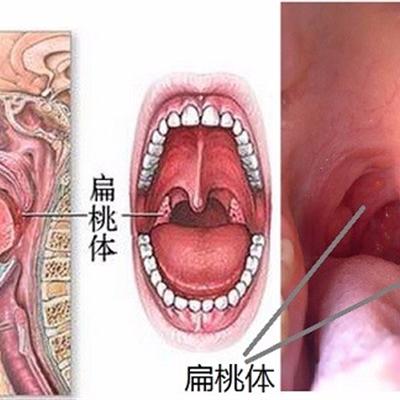Hysteromyomatosis
summary
Hysteromyoma is the most common benign tumor in female reproduction, and it is also one of the most common tumors in the human body, also known as fibromyoma and uterine fibroma. What are the consequences of hysteromyoma? Let's take a look.
Hysteromyomatosis
Consequence 1: irregular menstruation: the appearance of hysteromyoma often causes irregular menstruation, which is mainly manifested as increased menstrual blood and prolonged menstruation. It mostly occurs in submucous and intramural myoma, which is manifested as menorrhagia, prolonged menstruation or irregular vaginal bleeding. The main reason for the increase of bleeding is that the area of endometrium increases greatly. Due to the effect of estrogen, the hyperplasia of endometrium, myoma hinders uterine contraction, affects blood circulation, and causes endometrial congestion. Due to long-term bleeding, patients often have varying degrees of anemia.
Consequence 2: abortion and premature birth: uterine fibroids also pose a great threat to women during pregnancy, sometimes due to insufficient blood supply or uterine cavity narrowing and hinder fetal development, causing abortion and premature birth.
Consequence 3: abnormal urination: hysteromyoma often oppresses the pelvic cavity, causing backache and abnormal urination after oppressing the pelvic nerve. * uterine fibroids grow forward or backward, which can cause bladder, urethra or rectum, causing frequent urination, dysuria, urinary retention or constipation. When the fibroids grow on both sides, they can form broad ligament myoma. When urethra is compressed, ureters or hydronephrosis can be caused.
matters needing attention
Pay attention to suffering from uterine fibroids, even if the symptoms are not obvious, should also be regularly checked, such as 3 to 6 months for a B-ultrasound or gynecological examination.










